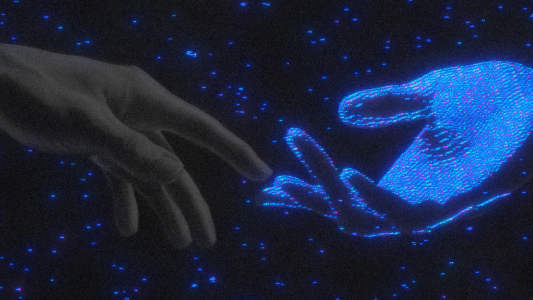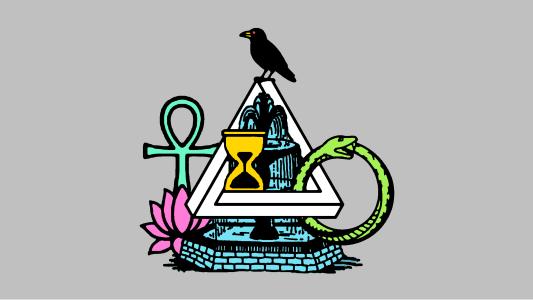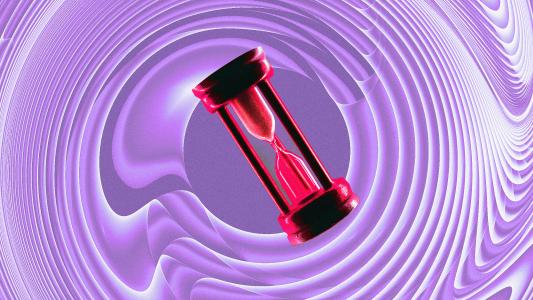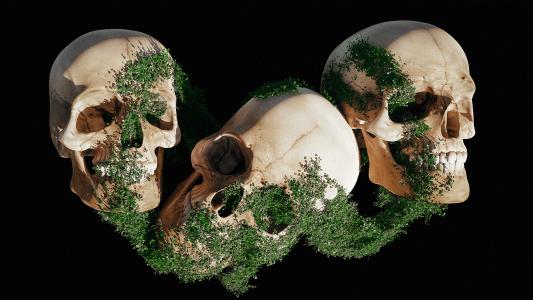Death
AI deadbots can keep “you” around after death — what does that mean for the living?
We can now use AI to create versions of real people that can live on long after their bodies die. But should we?
Groundhog Day and other eternal nightmares: Five philosophical takes on living forever
From eternal recurrence to techno-dualism, five philosophical visions of immortality — and why most paths to forever end badly.
Immortality isn’t progress. It’s paralysis.
The pursuit of immortality ignores how death powers life’s natural cycles, from cellular turnover to ecological renewal and adaptation.
How cryopreservation could end death as we know it
The technology could one day allow people with terminal illnesses to go into "hibernation" until a cure is found.
Ray Kurzweil explains how AI makes radical life extension possible
Life expectancy gains in developed countries have slowed in recent decades, but AI may be poised to transform medicine as we know it.
Study finds exactly how long people want to live: it isn’t forever
Most people prefer a shorter life if they have dementia, chronic pain, or are a burden to their families.
“5 stages of grief” is a myth — and knowing that helps us better cope with loss
The “monomyth” model of grieving offers closure and recovery, but in most traditional cultures the dead never leave the living.
With “thanabots,” ChatGPT is making it possible to talk to the dead
ChatGPT is making it possible to digitally resurrect the dead in the form of thanabots: chatbots trained on data of the deceased.
Scientists monitored the brains of 4 dying patients. Here’s what they found
Researchers found a surge of neurophysiological activity in the dying human brain, including in regions associated with conscious processing.
Almost everyone fears death — but not in the same ways
Fear of death may be the most primal, normal human fear, but it's one we all experience differently.









